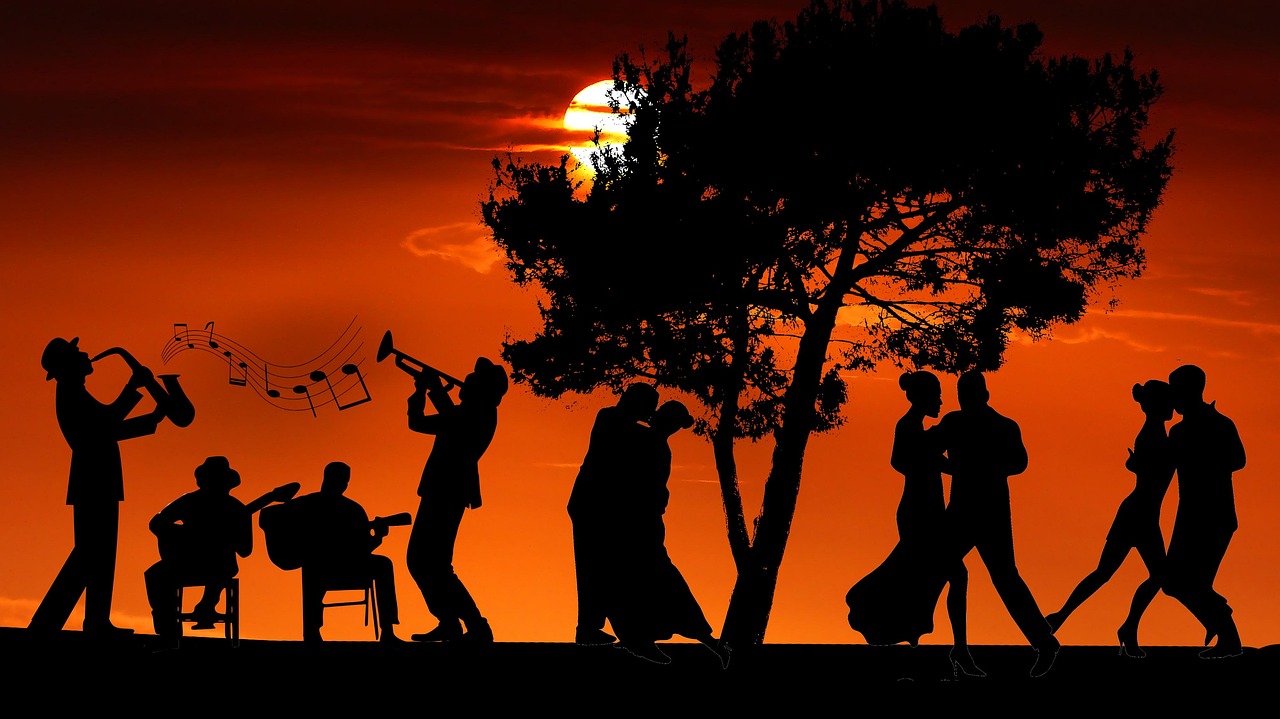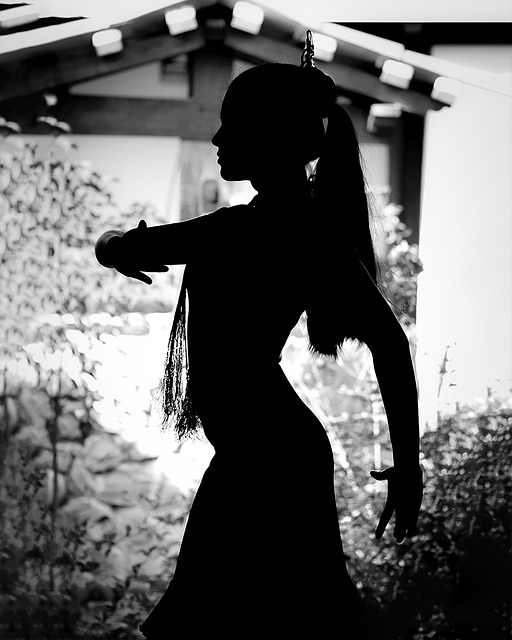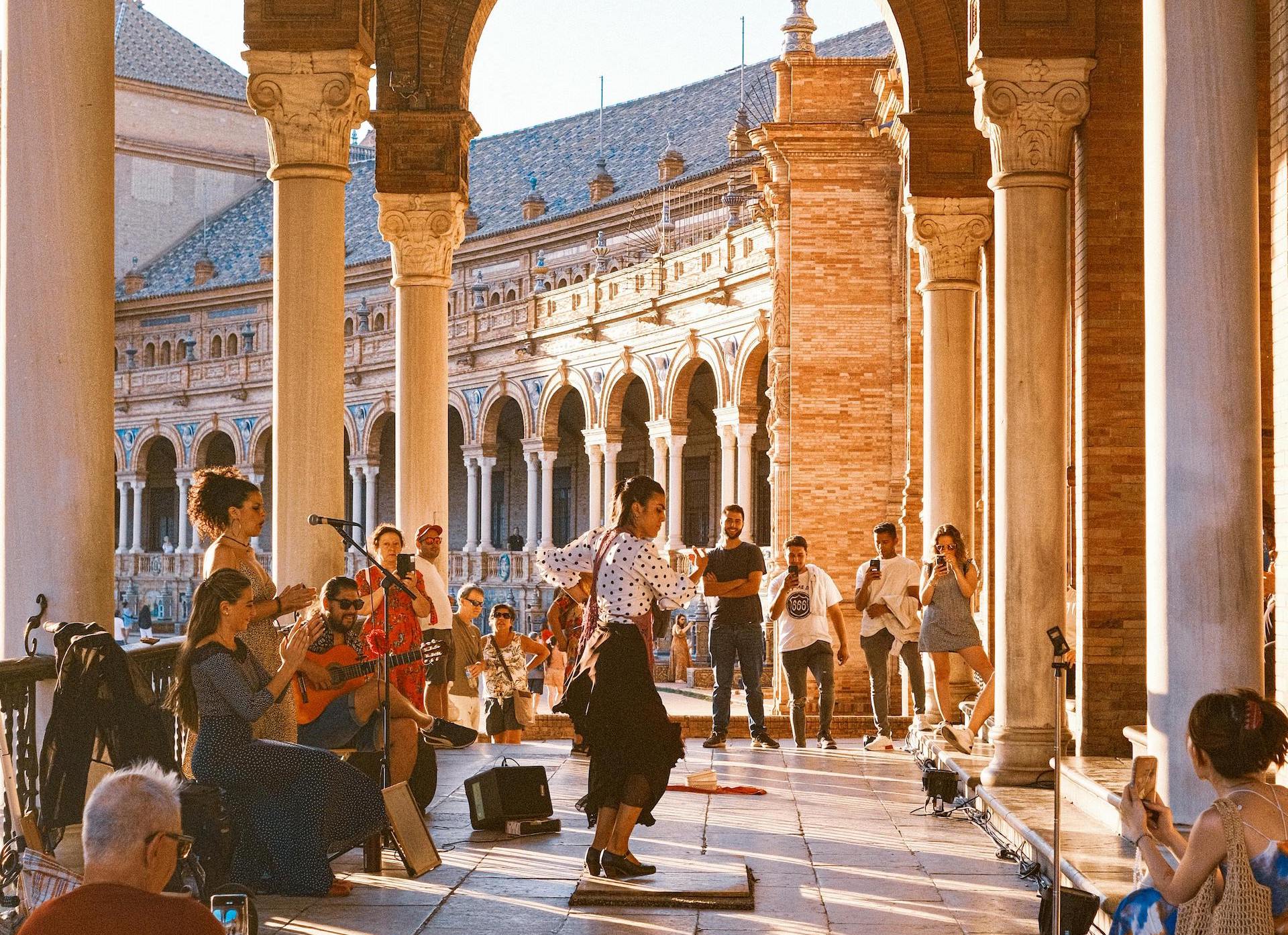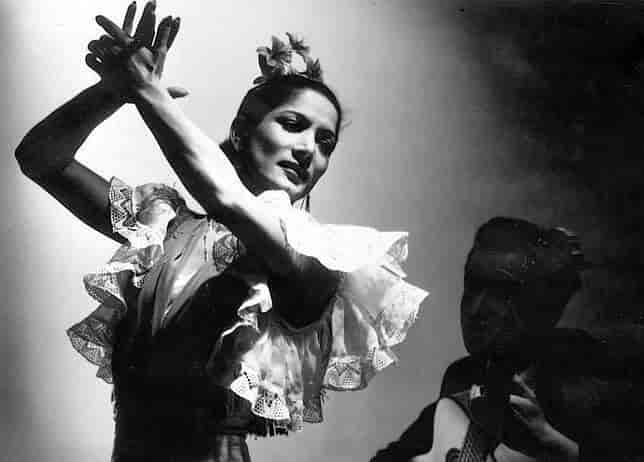People keep asking for a glossary. I always say, “Google it,” then feel bad and end up scribbling stuff on the back of receipts or explaining things in cafés with too much sugar in my coffee. So fine. Here’s one. Not the full thing — just what I use, or avoid, or pretend to understand when someone older than me says it with a look.
I’ll probably disagree with myself halfway through.
Palo
Not a stick. (Well, it is a stick in Spanish, but not here.) It means a form — like a category.
Soleá, alegrías, bulerías, seguiriyas — different moods, different rhythms.
Some are light and flirty, some are grief in 12 beats.
You can learn all the steps and still dance the wrong mood, and everyone will feel it.
Compás
This one breaks people. Me included, when I first started.
It’s rhythm, yeah, but not in the way you’re thinking. Not just beats. It’s a circle. A loop. A feeling that you’re either inside of, or stumbling outside of.
You can clap perfectly on time and still miss the compás.
It’s like being at a dinner party and saying the right words, but at the wrong moment. Everyone hears it.
The only fix is: shut up and listen. A lot.
Baile / Cante / Toque
Dance / song / guitar. That triangle.
Some people think the dancer leads. Some say the singer. Honestly, it depends who’s loudest on the night.
When it’s right, it’s not about leading. It’s like three people arguing in perfect sync — interrupting each other with love.
Duende
Ugh.
This word’s been murdered by brochures and hashtags.
But okay — sometimes something happens, right? In the middle of a show or a juerga, when the air feels different and no one breathes for a few seconds. That’s duende.
It’s not a mood. It’s a possession.
I’ve danced and forgotten where I was. I’ve sung and made a stranger cry. I’ve also faked it, badly.
Duende knows. Always.
Palmas
Clapping. Not random. Not “Yay!”
It’s part of the percussion. It’s math with emotion.
There’s sordas (soft), claras (sharp), and dangerous (when done by your cousin who thinks he’s funny).
Bad palmas will throw off the entire room.
If in doubt, don’t. Or copy someone with grey hair and a beer in their lap.
Tablao
A place to perform.
Some are commercial and still wonderful. Others are hidden and absolutely awful.
The ones I love have wooden floors, lukewarm wine, no aircon, and artists who still feel stuff.
You’ll know when you’re in a good one. Or you won’t — and that’s okay.
Juerga
Not a gig. Not a show. Not planned.
A juerga is when someone sings something they didn’t mean to sing, and suddenly five people are dancing and one’s crying and someone’s yelling “ole!” from the stairs.
You don’t ask to be part of it. You’re just in it, or you’re not.
Phones ruin it. Even talking too much ruins it.
I’ve walked out of perfect shows and straight into boring juergas. I’ve also walked into kitchens with three people and felt like I was inside flamenco’s lungs.
Random Terms That Pop Up
- Llamada – when the dancer signals something. A call. Sometimes subtle, sometimes basically shouting with your feet.
- Remate – an ending. But not always the final one. Flamenco has lots of fake endings. Like me at parties.
- Escobilla – that bit where we do loads of footwork and pretend we’re not gasping for breath.
That’s enough. You’ll learn the rest as you go. Best way? Dance. Or sit in the corner and listen without trying to look clever.
If you want a proper academic version of this, I dunno, maybe try the Instituto Andaluz del Flamenco — they have PDFs and people who use PowerPoints. I’m just here spilling my coffee and trying to explain why clapping is an art form.



